Bordeaux and Valencia are the 2022 European Capitals of Smart Tourism, thanks to their outstanding best practices and innovations
Bordeaux and Valencia are the 2022 European Capitals of Smart Tourism. The European Capital of Smart Tourism competition was set up by the European Commission to recognize and award the outstanding best practices and innovations that European cities have achieved in smart tourism. Cities from all over Europe apply to be crowned as the next European Capital of Smart Tourism and are assessed in four distinct categories: accessibility, sustainability, digitalization, and cultural heritage and creativity. Both Bordeaux and Valencia are at the height of innovation in tourism; combining years of planning and foresight with a European flair for thinking outside the box, these cities are full of intelligent experiences for all visitors to enjoy.
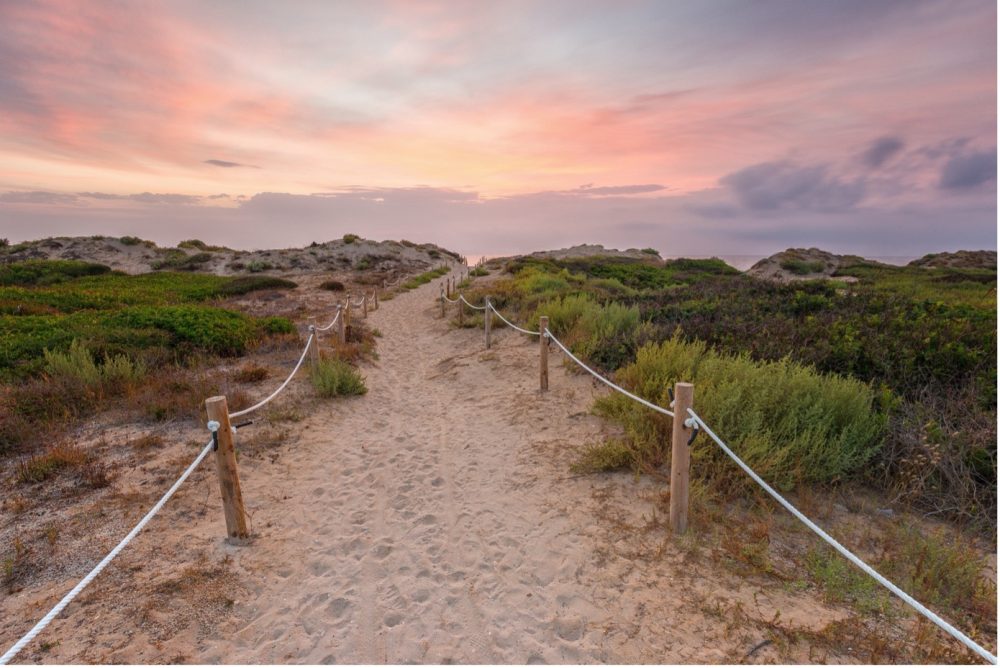
Bordeaux and Valencia play host to an array of smart tourism experiences that perfectly demonstrate their capabilities as role models for cities in Europe and across the world to adopt and integrate smart tourism practices. They are smart tourism pioneers and forerunners of the future of smart European tourism.
As a forerunner in sustainable tourism, Valencia offers tourists the opportunity to enjoy a city that takes the future of the planet into account. Over the last two years, the Spanish city became the first city in the world to verify its tourism carbon and water footprint, an initiative that is key to Valencia’s Sustainable Tourism Strategy to make the city a carbon-neutral tourist destination by 2025. Any visitor coming to the city will do so knowing that the European Capital of Smart Tourism is taking steps to ensure that it is a carbon-neutral tourism destination and among the first 100 destinations to do so by 2030. València is proud of its rich culture and what it can offer every visitor, but it wants to ensure that it is still there for many generations of visitors to come. To ensure this, the city is devoting resources and time to ensuring that tourism relies more on renewable energy, electric vehicles, sustainable management of products, goods, and services, as well as ensuring the goals set by the UN Sustainable Development Goals are achieved. By doing so, Valencia seeks to ensure that its beaches and environment are kept clean and safe for generations of visitors to come.

Bordeaux has reshaped its urban landscape to integrate and appropriate urban wastelands into the city planning of the future. The new, multi-faceted site “Les Bassins à Flot” by architect Nicolas Michelin has emerged as a melting pot of culture, arts, and local cuisine in less than a decade. Visitors will quickly immerse themselves in everything Bordeaux offers, from nightlife to shopping and a new digital art center.
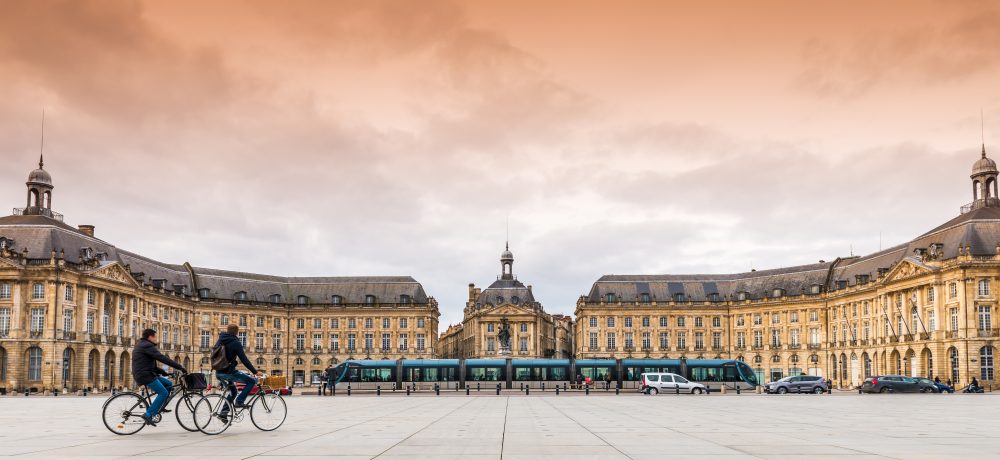
While in the area, one must visit the world-famous wine museum Cité du Vin, a wonderful place to start exploring all that the city and the region have to offer! Be sure to check out the Bordeaux Festival, taking place every year on the third weekend of June. A four-day event where over 80 wine areas from the district of Bordeaux are presented for visitors to explore. The entire event is organized with ecology at the heart of the festival. The 2022 event has been fully certified for its environmental management since last year and is a testament to the efforts of the 2022 European Capital of Smart Tourism.

Just as Bordeaux repurposes its urban wasteland, Valencia retains its natural resources by protecting and preserving existing urban green lands and transforming them into spaces for all the experience. For example, the Turia Gardens are built on an old riverbed that runs through the city and is now a beautiful space to escape into the green in the heart of the city. Beyond its natural beauty, the garden acts as a natural resource for the city’s ecological systems by providing shade, space for local flora to grow, and cycle and footpaths as an alternative means of transport. It is a prime example of integrating environmental thinking into urban planning and policy for residents and visitors alike to enjoy.
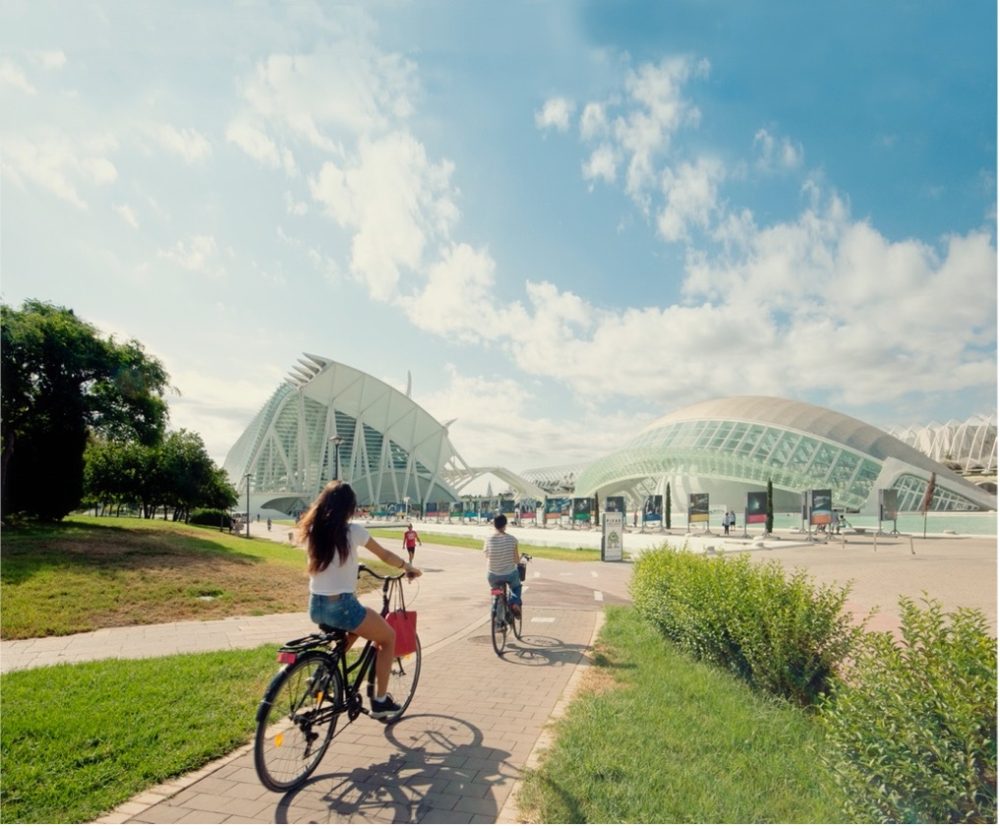
If you are planning to travel to Bordeaux and want “get off the beaten trail”, check out the webzine “Un air du Bordeaux.” It was created as part of ongoing dialogues that the city of Bordeaux holds with its residents, asking them what they think the city has to offer. It is a major source of insider tips and knowledge about how to explore Bordeaux with local knowledge. By engaging with its residents, Bordeaux has created a new and innovative way to improve the tourism experience for visitors.
In addition, the entire governance of tourism in Bordeaux follows the principles of inclusion through an open space for sharing ideas called “The Agora for Tourism in Bordeaux,” which consults with its residents, actors, and stakeholders to find the future of tourism in Bordeaux. The result of this has been the roadmap of tourism in Bordeaux up to 2026, which is now available online.
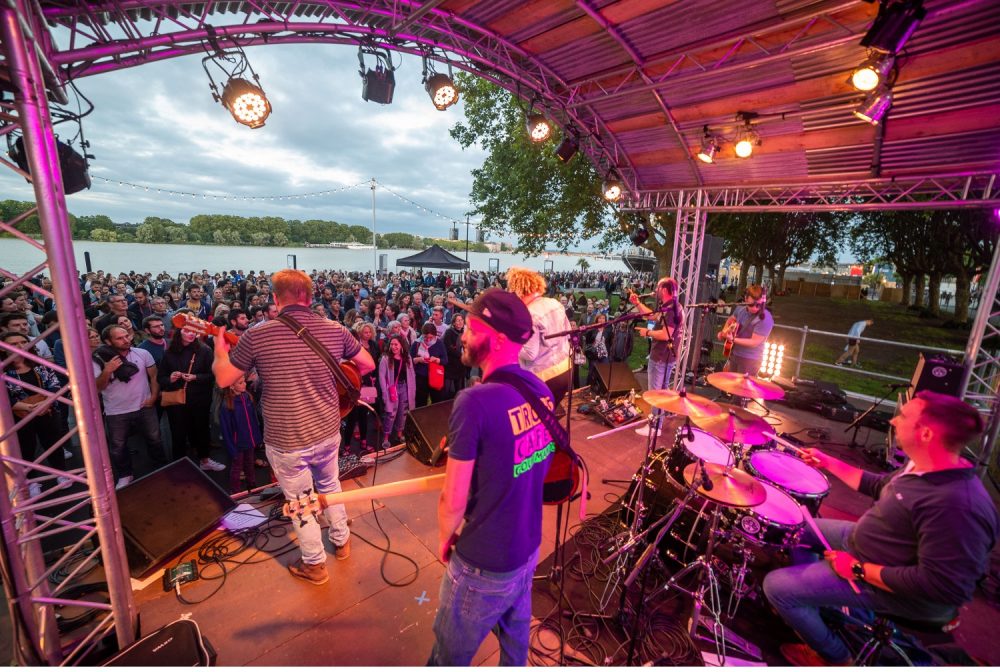
In Valencia, the city has become a European role model in bridging the gap between experiencing everything the city offers and the accessibility challenges some visitors might face. In trying to tackle the hurdles that some visitors might have to overcome and bring the city of Valencia closer to all its visitors, the tourism office has sought to implement the innovative Visualfy system in its tourism office, helping visitors with hearing loss gain a complete insight into what the city has to offer them. By alerting visitors with hearing loss via their smartphone or smartwatch through sound to the tourism offers, the city is going an extra step in its desire to be all-inclusive.
Combined with this is the city’s comprehensive accessibility guide that is free to download from their website and includes an engaging list of activities and experiences for all visitors specific to their disability. This guide is necessary to ensure all visitors feel welcome and enjoy a holiday in Valencia.
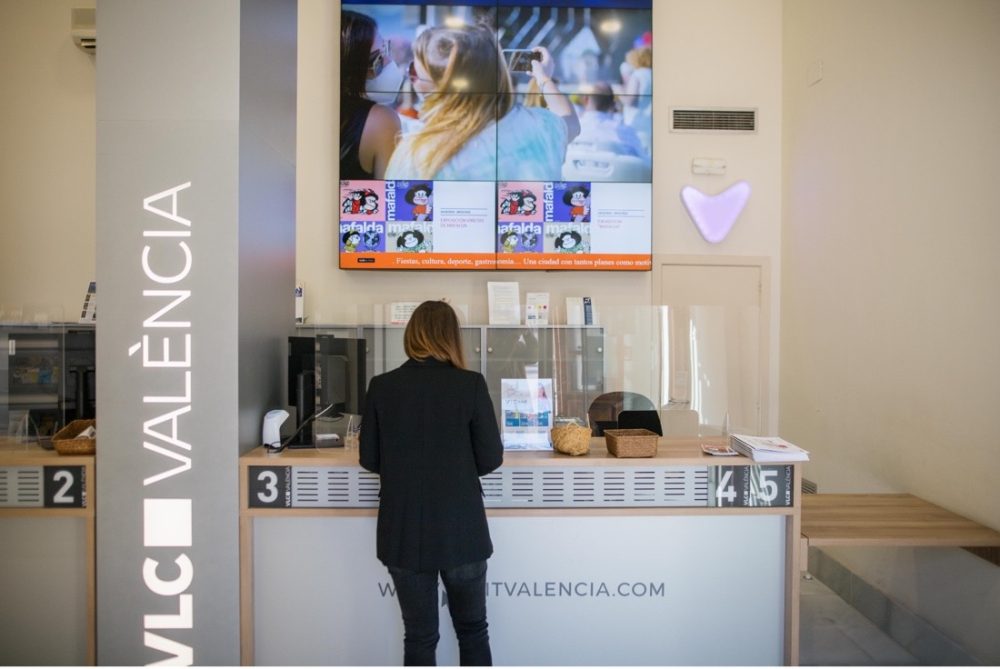
Any trip to Bordeaux must include the Darwin Ecosystem, a former military barracks now playing host to an unparalleled sociological experiment. The collective of skaters, shops, graffiti, bistros, and event space gives an insight into a futuristic open space in Bordeaux that showcases the diversity of people and products of the city and its greater region. Come here to see what Bordeaux feels like, what it tastes like, and how to spend your morning, afternoon, and evening in the future of Bordeaux.
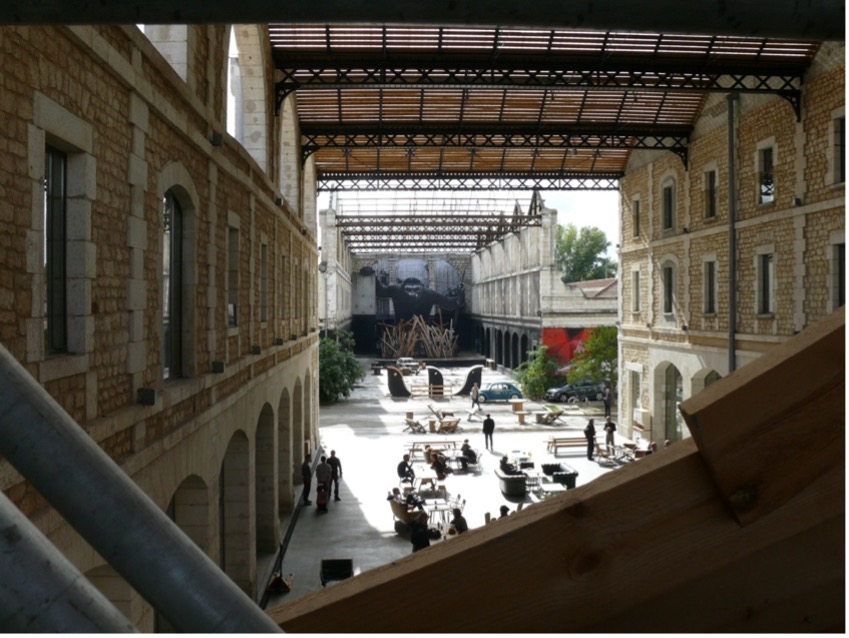
Check here for more information on the 2022 European Capital of Smart Tourism and download the Leading Examples of Smart Tourism Practices for free Leading Examples of Smart Tourism Practices to discover what cities across Europe are doing to make European tourism smart.
You can sign up for the European Capital of Smart Tourism Newsletter to receive further insights about what Bordeaux and Valencia are doing. In addition, don’t miss the EU Smart Tourism Podcast and the initiative’s Facebook page.
Leading Examples of Smart Tourism Practices in Europe’ now online!
The report Leading Examples of Smart Tourism Practices in Europe, the go-to guide to smart tourism in the EU, is now available online. The collection of best practices has been derived from the applications the cities submitted to the 2022 European Capital of Smart Tourism competition. It showcases the most innovative projects, ideas, and initiatives, in Accessibility, Sustainability, Digitalization, Cultural heritage, and Creativity. It aims to raise awareness about smart tourism tools, initiatives, and projects, sharing the best practices in tourism implemented by cities and strengthening peer-to-peer learning and innovative development of tourism.
